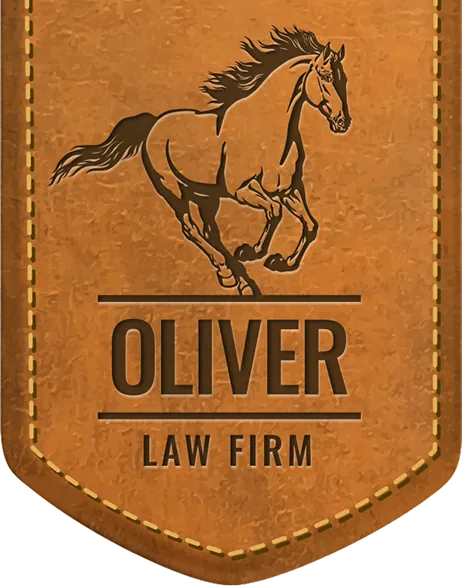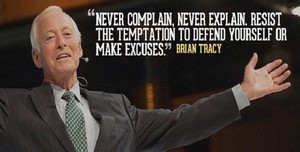The Book:
No Excuses is an overall good book. There are plenty of usable tips and sound pieces of advice, it’s just a little repetitive. As advertised on the front of the book, Brian Tracy is a New York Times Best-Selling Author, and his talent for writing is clear. It’s just my opinion that this particular book could’ve been about ½ the length.
Most of No Excuses is targeted towards people who work in sales. The subtitle is “The Power of Self-Discipline” so obviously the theme of the book is how to better yourself through discipline and hard work. What makes it targeted towards people who work in sales is the examples that he uses and some of the advice he gives about how to apply discipline to your life. But even with this other target, I found a number of things that applied to me as a trial lawyer.
The book is divided into three main parts. Part I is Self-Discipline and Personal Success, Part II is Self-Discipline in Business, Sales, and Finances, and Part III is Self-Discipline and the Good Life.
Part I is really an introduction into why self-discipline is important. There are examples of people throughout history and how they applied self-discipline to their lives as well as personal stories from the author. It has the different parts of a person’s character and personality where they need self-discipline the most and serves as a lead-in for Part II.
Part II is where the book REALLY focuses on people who work in sales. The main theme is that the harder and longer a person works, the more “successful” they will be. I did find this part to be a little limited, because the only way he seems to define success is by how much money a person makes. I know in my personal life, making money is obviously very important, but that’s not the only that that will determine whether I have been “successful” or not.
Finally, Part III is about personal lives. There are chapters on how to implement self-discipline with family and spouses and children and friends, but it’s mostly just a repeat of Part II with a different goal. He says to spend more time with family (like more time at work) and to work hard to communicate with your spouse (like to work hard at work). The theme of “work long and work hard” is good, but like I said earlier, it could have been put much more succinctly than it was put in this book.
Application:
The first thing that jumped out from this book that I plan on applying to my life as a trial lawyer is something intended for salespeople, “always be selling.” The chapter was on how people who work in sales have no business without making sales and it clicked that we have no business without getting clients and cases. I need to “always be recruiting” or “always be networking” so that I can ensure I’m getting every single case I can possibly get. If we don’t have cases and clients, we don’t have a job. “What’s the most important part of being a trial lawyer? Getting the cases.” – SO
The other key that I’m going to take from this book is just a reminder on efficiency and effectiveness. When I’m at work, I need to be working, when I’m with family, I need to be with family. It goes hand-in-hand with the mindfulness that I’ve been trying to foster. I need to work on being present and focused wherever I am and whatever I’m doing. If I’m at work but thinking about other things, I’m not being an effective worker. If I’m with Moriah but concerned about emails or something else, I’m not being an effective husband. Whatever I spend my time on, I need to actually spend my time on.
Conclusion:
No Excuses was an enjoyable read that was written by a very successful and talented author. It’s clear why he has so many loyal followers and is able to host the conferences and motivational conventions that he does. I will take some valuable lessons from this book.
“Self respect is the root of discipline; the sense of dignity grows with the ability to say no to oneself.” – Abraham Joshua Heschel
a Free Consultation




